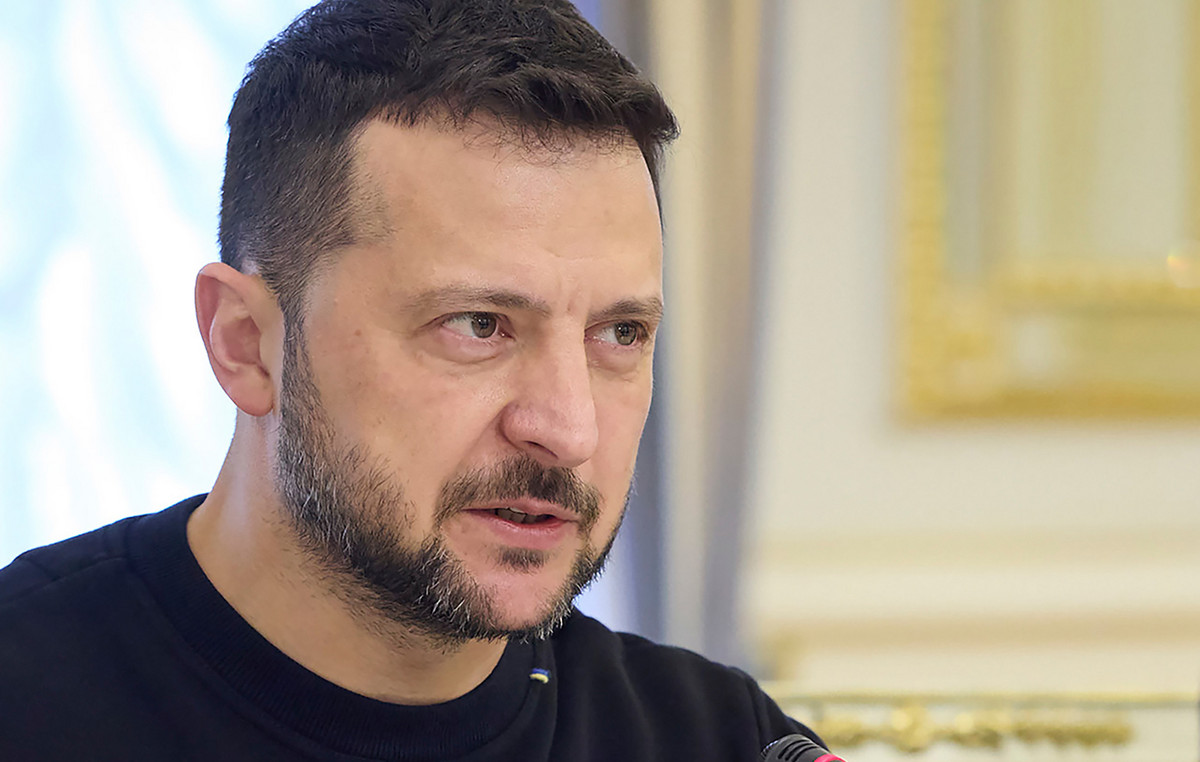Some vaccines are capable of providing immunity against a disease for all or most of your life. However, others need to be reapplied periodically, such as the flu vaccine. Given this, researchers at Stanford Medicine, in California, United States, decided to study what makes one vaccine last longer than another and how to predict how long this protection will last.
The study, published in scientific journal Nature Immunology this Thursday (2), showed that the variation in vaccine durability can, in part, be attributed to a type of blood cell called megakaryocyte that is involved in blood clotting.
“The question of why some vaccines induce durable immunity while others do not has been one of the great mysteries in vaccine science,” says Bali Pulendran, professor of microbiology and immunology, in press release.
“Our study defines a molecular signature in the blood, induced within days of vaccination, that predicts the durability of vaccine responses and provides insights into the fundamental mechanisms underlying vaccine durability.”
To carry out the study, the researchers initially analyzed an experimental vaccine against bird flu (H5N1) administered with an adjuvant — a chemical mixture that increases the immune response to an antigen, however, without inducing an immune response by itself.
Scientists followed 50 healthy volunteers who received two doses of the avian flu vaccine with the adjuvant or two doses without the adjuvant. They then collected blood samples from each volunteer at different times over the first 100 days after vaccination.
From this blood sample, researchers performed in-depth analyzes of the genes, proteins and antibodies in each sample. They then used a machine learning program to evaluate and find patterns in the resulting data set.
The program identified a molecular signature in the blood in the days following vaccination that was linked to the strength of a person’s antibody response months later. This signature was reflected mainly in small pieces of RNA inside platelets, small cells that clot the blood and are important for stopping bleeding.
Platelets are derived from megakaryocytes, cells found in the bone marrow. Platelets, when they detach from megakaryocytes and enter the bloodstream, usually take small pieces of RNA from the megakaryocytes with them. Although researchers cannot easily track the activity of this cell type, platelets that carry RNA from megakaryocytes act as “middlemen.”
“What we learned was that platelets are an indicator of what is happening to the megakaryocytes in the bone marrow,” explains Pulendran.
Discoveries could lead to more durable immune responses
The researchers’ next step is to conduct studies that investigate why some vaccines can stimulate higher levels of megakaryocyte activation. These findings could help the scientific community develop vaccines that activate megakaryocytes more effectively, leading to longer-lasting antibody responses.
Meanwhile, researchers want to develop tests that help determine how long a vaccine will last, based on the newly discovered molecular signature. In the scientists’ view, this could help speed up clinical trials on vaccine efficacy and safety, in addition to being able to generate personalized vaccine plans.
“We could develop a simple PCR assay — a vaccine chip — that measures gene expression levels in the blood just days after someone is vaccinated,” explains Pulendran. “This could help us identify who may need a booster and when.”
Low vaccination among pregnant women increases the risk of serious illnesses in babies
This content was originally published in Exame can predict how long immunity to the vaccine will last, shows study on the CNN Brasil website.
Source: CNN Brasil
I am an experienced journalist and writer with a career in the news industry. My focus is on covering Top News stories for World Stock Market, where I provide comprehensive analysis and commentary on markets around the world. I have expertise in writing both long-form articles and shorter pieces that deliver timely, relevant updates to readers.







